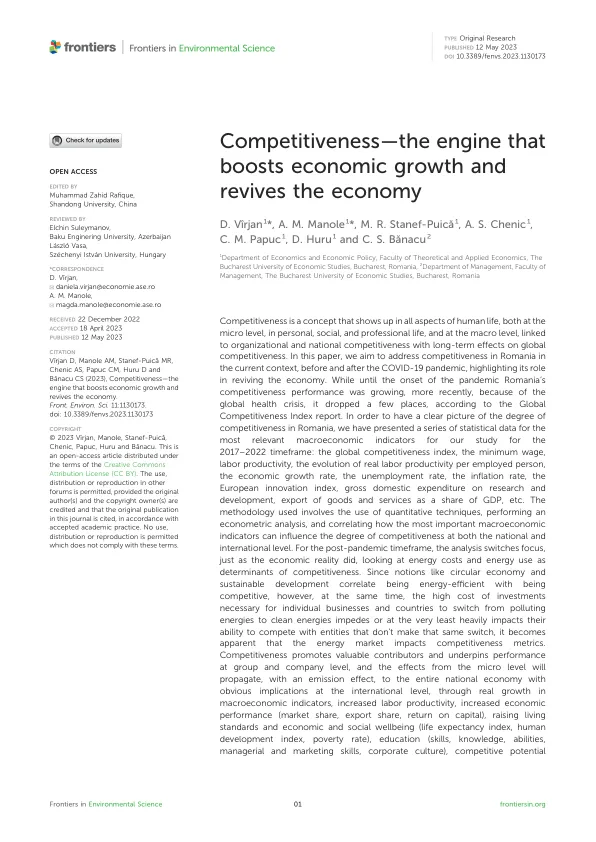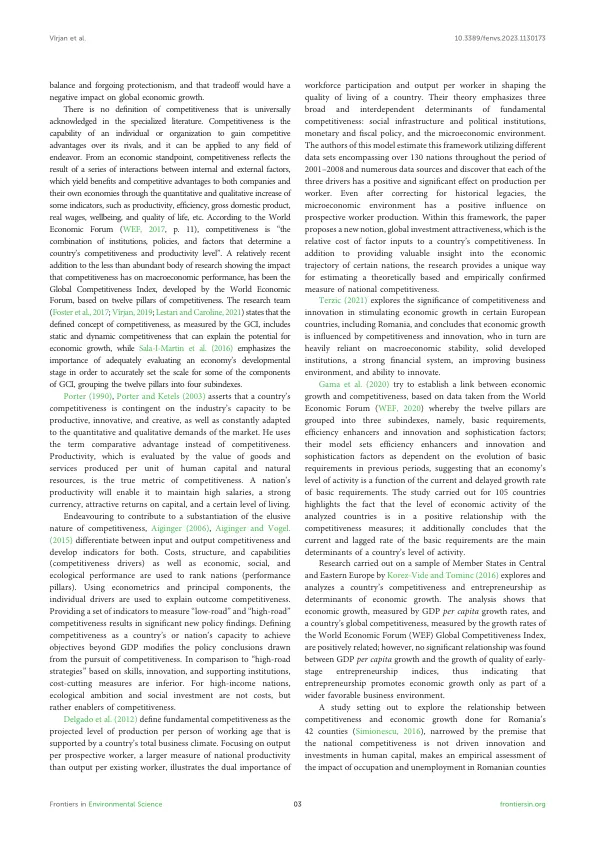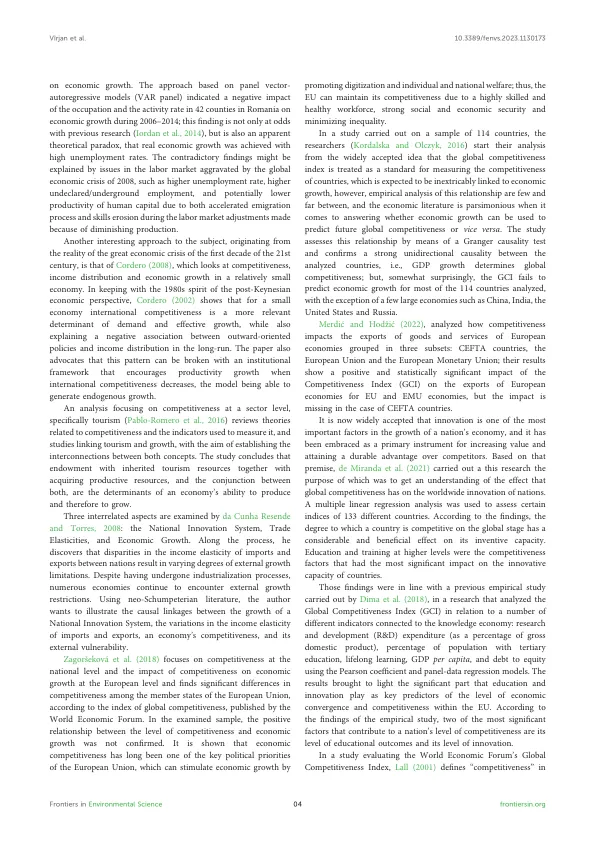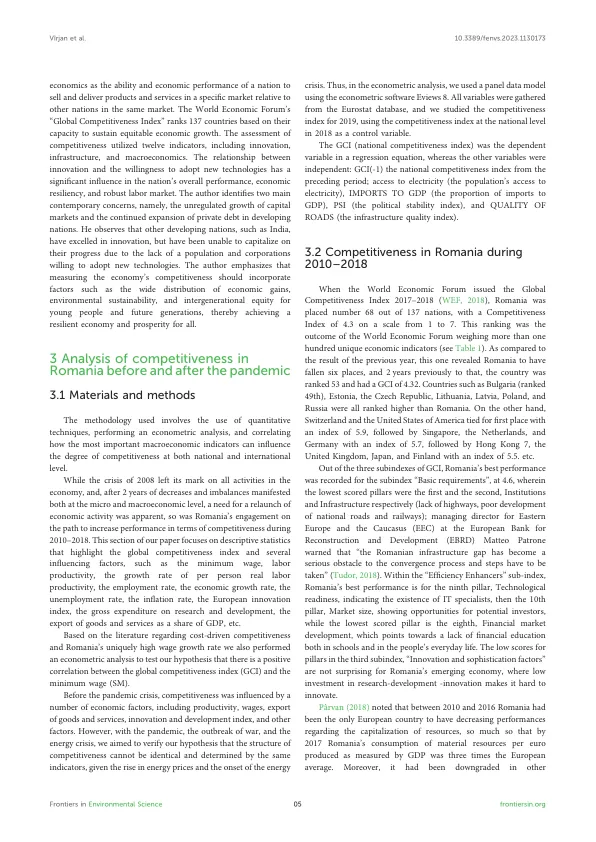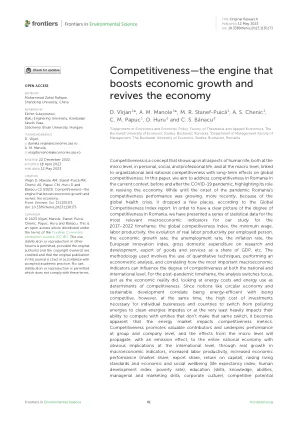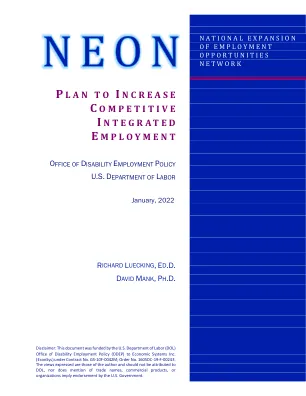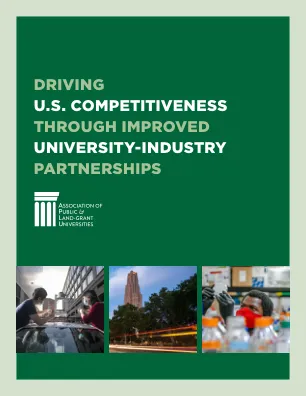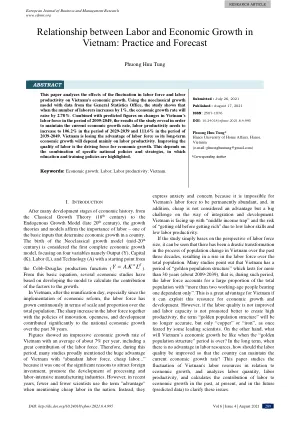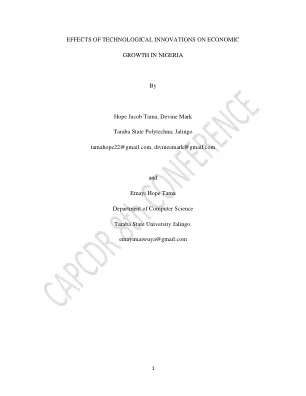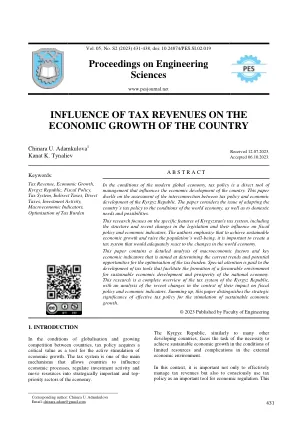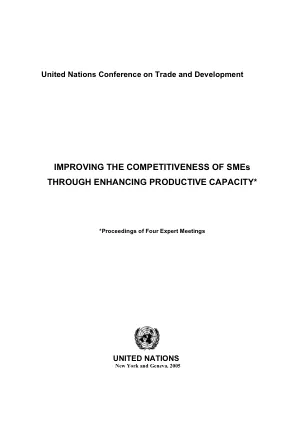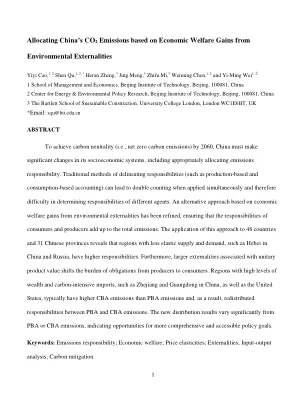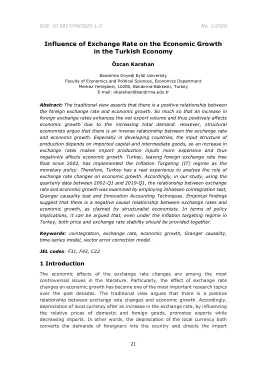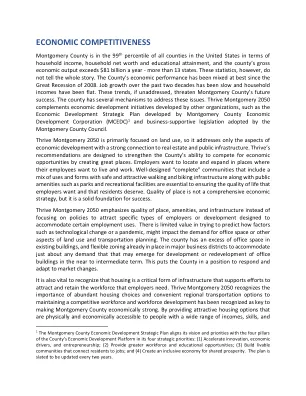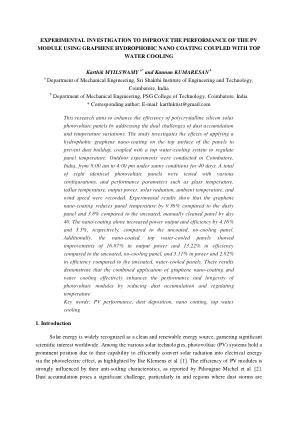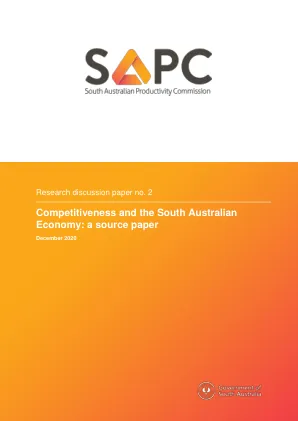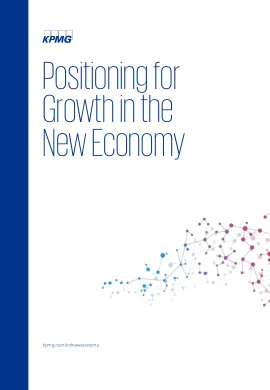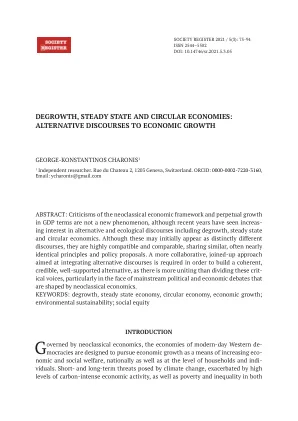竞争力是一个概念,它在人类生活的各个方面都显示在微观层面,个人,社会和职业生活以及宏观层面,与组织和国家竞争力有关,对全球竞争力产生了长期影响。在本文中,我们旨在在当前的背景下,在19日大流行之前和之后解决罗马尼亚的竞争力,强调其在恢复经济中的作用。根据全球竞争力指数报告,直到罗马尼亚大流行的竞争性表现开始增长,由于全球健康危机,它却下降了几个地方。In order to have a clear picture of the degree of competitiveness in Romania, we have presented a series of statistical data for the most relevant macroeconomic indicators for our study for the 2017 – 2022 timeframe: the global competitiveness index, the minimum wage, labor productivity, the evolution of real labor productivity per employed person, the economic growth rate, the unemployment rate, the in fl ation rate, the European innovation index,研究和开发的国内总支出,商品和服务出口作为GDP的份额等。使用的方法涉及使用定量技术,进行计量经济学分析,并将最重要的宏观经济指标与国家和国际水平的竞争程度相关联。对于大流行的时间表,分析将重点转移,就像经济现实一样,将能源成本和能源使用视为竞争力的决定因素。由于循环经济和可持续发展等概念与具有竞争力的能源相关,但同时,与竞争相关的是,个人企业和国家从污染的能量转变为清洁能源的高昂投资成本所必需的高昂投资成本阻碍或最少与最小的能力与他们的实体竞争能力相同的能力,从而使能量能够产生同一能力的影响,从而使市场变得显而易见。Competitiveness promotes valuable contributors and underpins performance at group and company level, and the effects from the micro level will propagate, with an emission effect, to the entire national economy with obvious implications at the international level, through real growth in macroeconomic indicators, increased labor productivity, increased economic performance (market share, export share, return on capital), raising living standards and economic and social wellbeing (life expectancy index, human development index, poverty费率),教育(技能,知识,能力,管理和营销技能,企业文化),竞争潜力
竞争力 - 提高经济增长的引擎...
主要关键词
